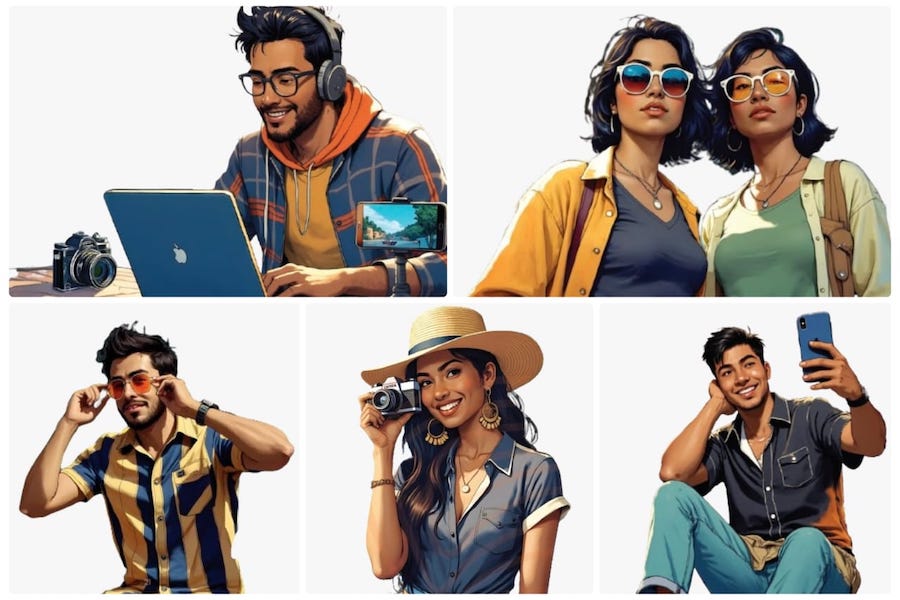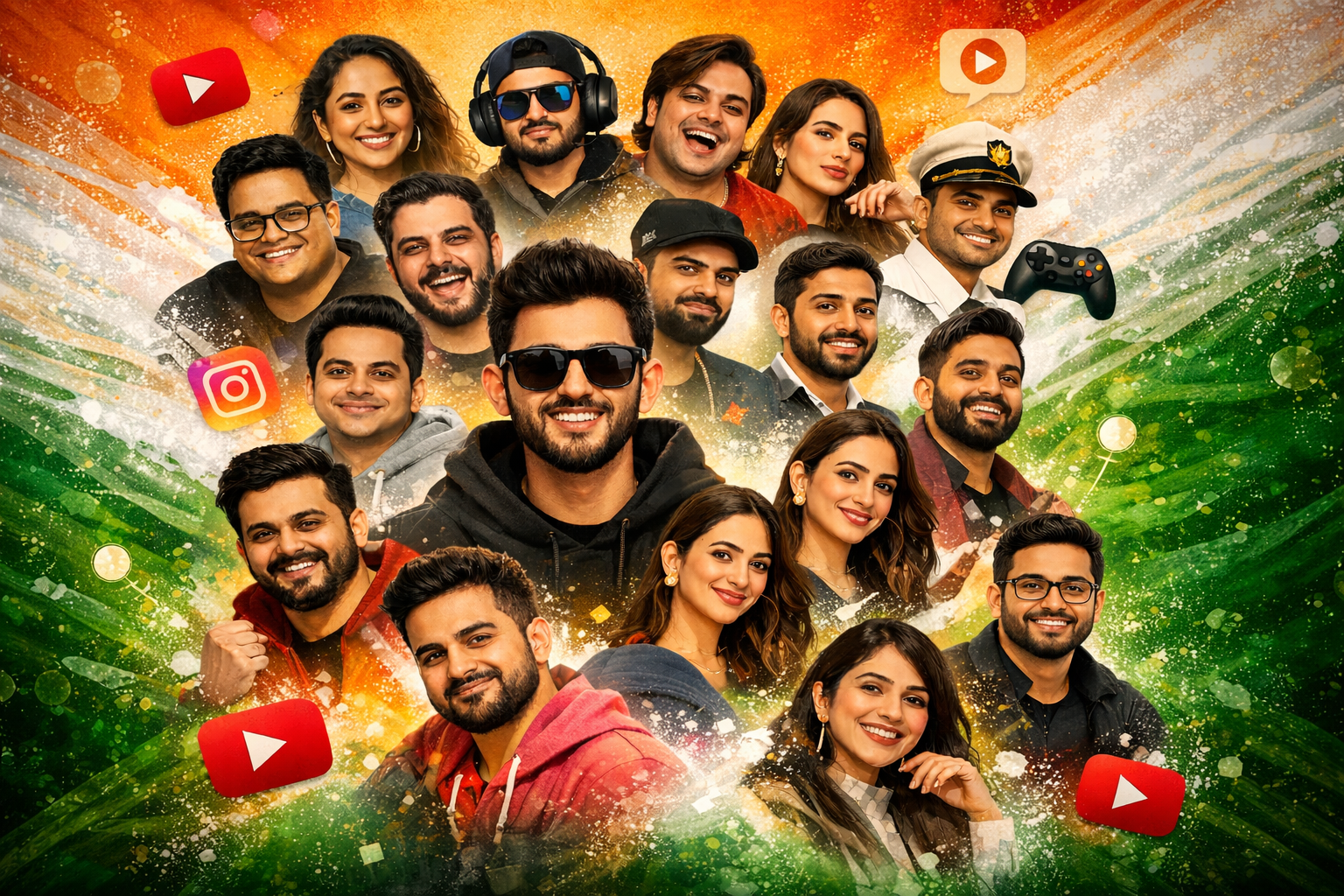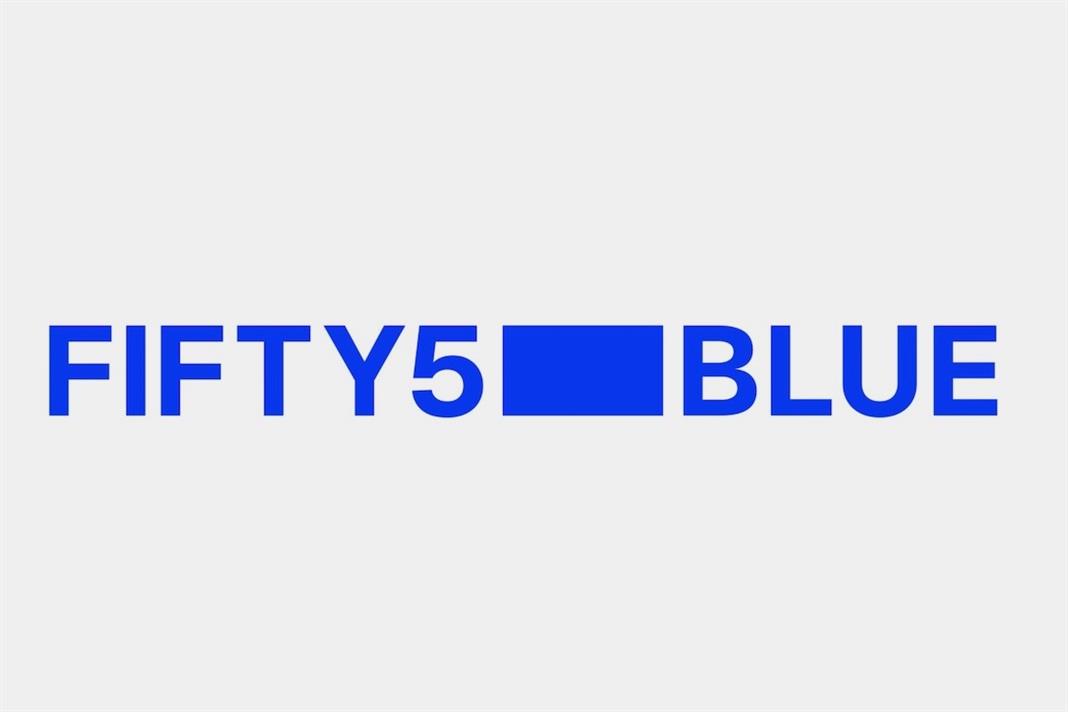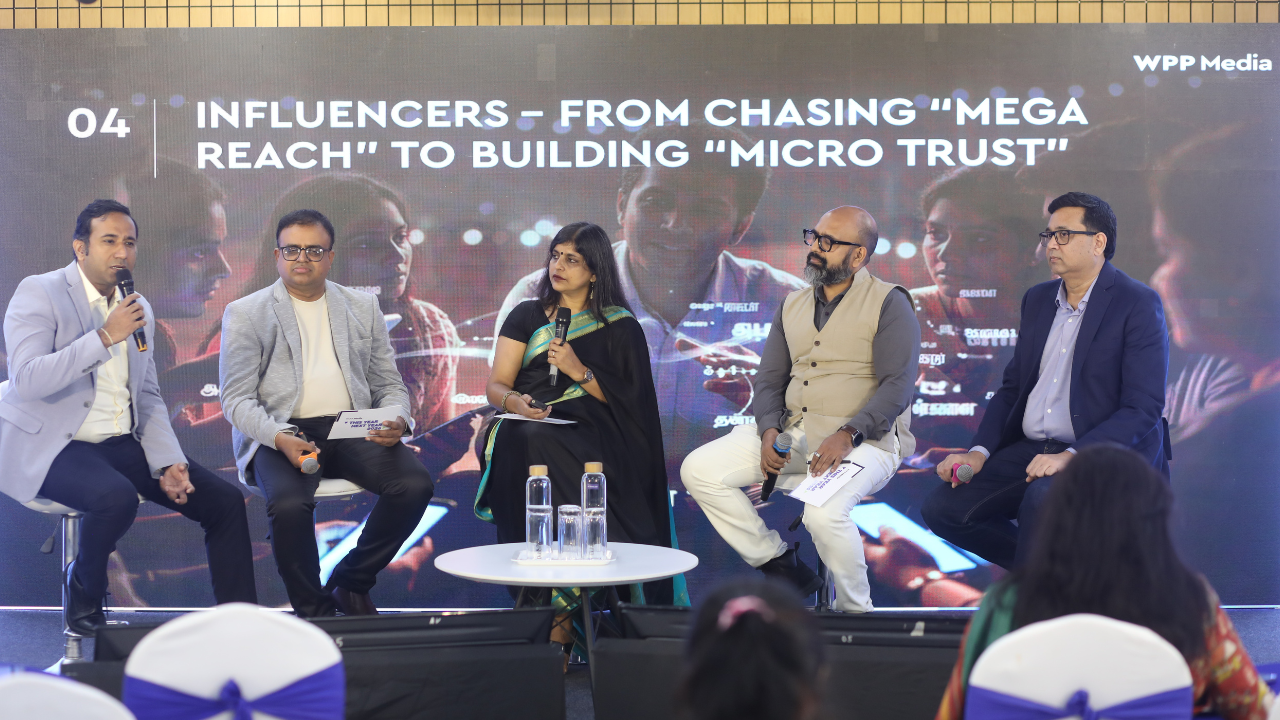India’s influencer marketing industry stood at INR 3,600 crores in 2024, and is estimated to grow by 25% in 2025. In effect, the industry will reach INR 3,600 crores this year. This was revealed in a study report titled, ‘India Influencer Marketing Report 2025’ released by WPP Media’s influencer and content marketing agency, The Goat Agency in collaboration with the global marketing data and analytics company Kantar.
Nearly all brands surveyed as part of the study cite influencer marketing as either a strategic or top-priority lever for them. The study observes a shift in approach by a vast majority of brands (85%), especially those in the manufacturing sector. Brands, it notes, are moving from focusing merely on follower count to prioritising content quality and creator relevance when selecting influencers for their marketing campaigns. The report shows a growing preference of brands to long-term influencer partnerships (72%) and a strong inclination towards macro-influencers (95%), driven by content control and brand safety concerns.

Ashwin Padmanabhan, chief operating officer, WPP Media South Asia, said, “We are witnessing the evolution of influence from a marketing channel to a cultural force. Today’s consumers aren’t just buying products; they are buying into stories, communities, and creators they trust. This report decodes that shift. With sharper content, stronger metrics, and a renewed focus on credibility, influencer marketing in India is moving towards maturity.”
Niche micro-influencers are also seen gaining traction across high-consideration categories such as automotive and consumer durables, with 85% of marketers from these categories planning to increase their influencer marketing investments.
From a consumer standpoint, the study finds that creators continue to influence the purchase funnel, with over two-thirds of Indian users (69%) turning to influencers for product information, 63% for product discovery, and 60% for action. Notably, 70% of brands cite trust and credibility as the top reasons to engage with influencers, led by 77% in BFSI and 76% in FMCG, highlighting the increasing importance of authentic, insight-led storytelling today.

While the outlook appears to be positive, the report reveals a few persistent challenges as well, particularly around influencer discovery. Nearly 83% of marketers (and 95% in BFSI) report that they struggle to find the right influencer talent. To gauge ROI, nearly 39% marketers are prioritising engagement rates and 36% focusing on content quality over vanity metrics.
“Influencer marketing in India is no longer just about reach. It is about relevance, resonance, and results. Brands are evolving their approach moving from vanity metrics to meaningful engagement and long-term partnerships rooted in trust. With consumers becoming discerning, the role of influencers in shaping perceptions, guiding discovery, and driving action has become critical. The future belongs to brands that treat influencers as strategic collaborators, not just content amplifiers,” said Puneet Avasthi, director – specialist businesses, insights division, Kantar.




